Shoot the Moon (1982)
“You always remember the wrong things.”
|
Synopsis: |
|
Genres, Themes, Actors, and Directors:
Review: After all, George (Finney), father of four healthy daughters and husband to a beautiful wife, is about to win a prestigious writing award, and lives in virtual paradise in a converted farmhouse among the rolling hills of Marin County, California. Yet despite all this, George’s marriage to Faith (Keaton) is clearly no longer viable: he has a not-so-secret lover (Karen Allen), and Faith has his bag packed, ready for him to leave as soon as the awards ceremony is over. The remainder of this bleak but compelling film is essentially concerned with portraying the ways in which George, Faith, and their kids handle the separation. Faith sinks into depression, eventually taking on a lover (Peter Weller), a silent-but-handsome construction worker who has fortuitously arrived to build a tennis court on her property. George continues his affair with Sandy (Allen), yet maintains a ferocious sense of ownership over his house and family. Sherry (Dana Hill), their oldest daughter, reacts with understandable dismay and confusion at seeing her parents struggling to make sense of their situation. The younger three girls (whose personalities are unfortunately not given much of a chance to emerge) remain staunchly devoted to both parents, even when their volatile father acts with shocking levels of violence. Meanwhile, there’s an ongoing attempt by each of the characters to determine what exactly “went wrong” in this marriage — a question not easily answered. Most of the film works well: the lead actors (Finney, Keaton, Hill, Allen) all give nuanced performances; Bo Goldman’s script is often incisive (“You’re kind to strangers.” “Yeah, strangers are easy.”); and beautiful Marin County locales are used to remarkable effect (helped in no small part by Michael Seresin’s stunning cinematography). However, the film isn’t entirely satisfying. One scene in particular — the critically panned “restaurant scene” between Finney and Keaton, occurring late in the film — is horribly misdirected by Parker as screwball farce, rather than being allowed to serve its more serious explanatory purposes: And the final, deeply disturbing scene — while clearly designed NOT to provide any type of closure to this stickiest of narratives — doesn’t quite ring true. Nonetheless, most film fanatics will want to check out this undeniably powerful film at least once, for its many strengths. Redeeming Qualities and Moments:
Must See? Links: |
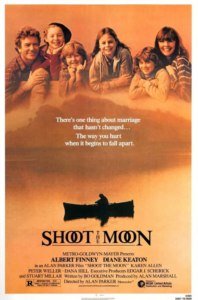
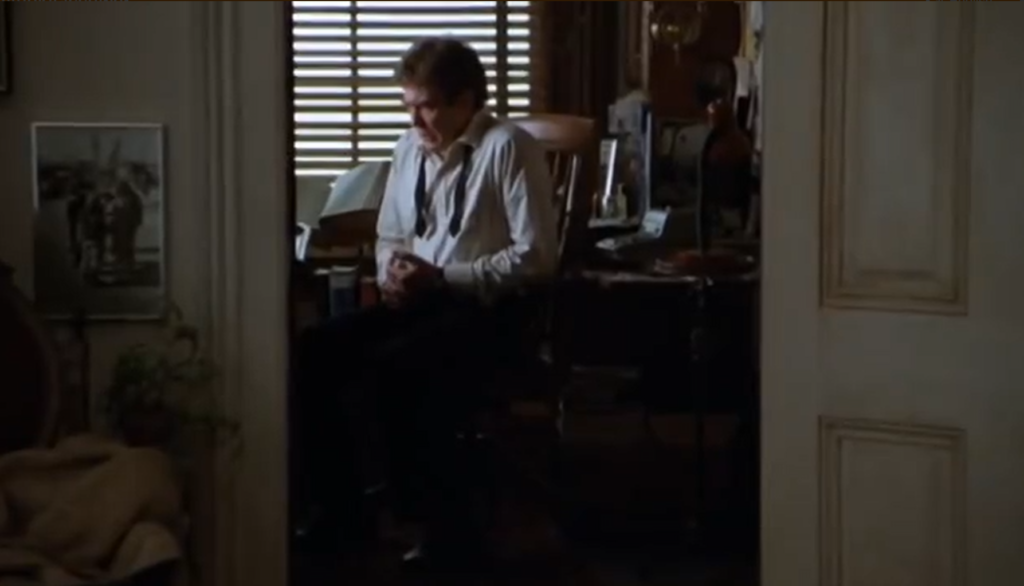
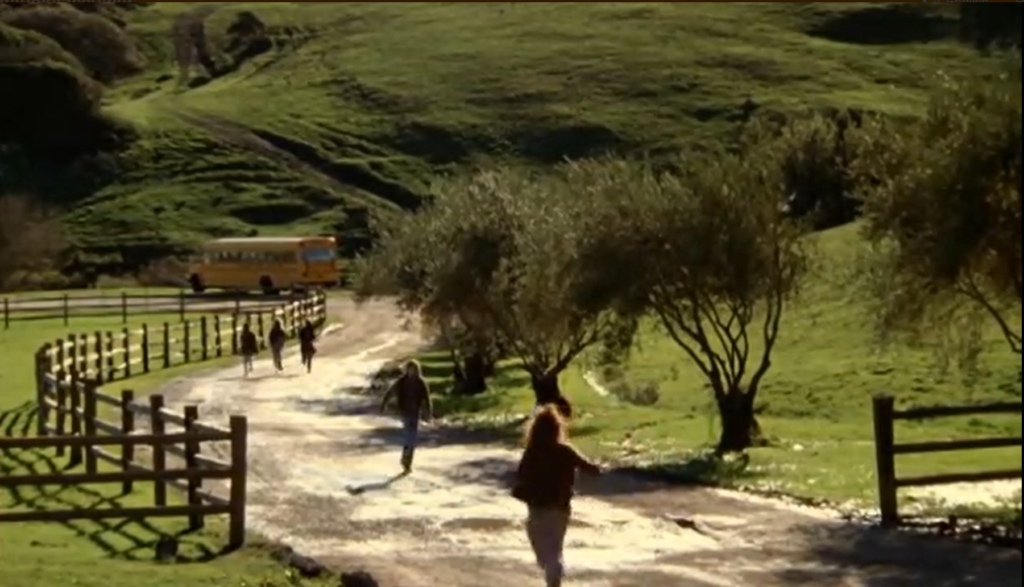
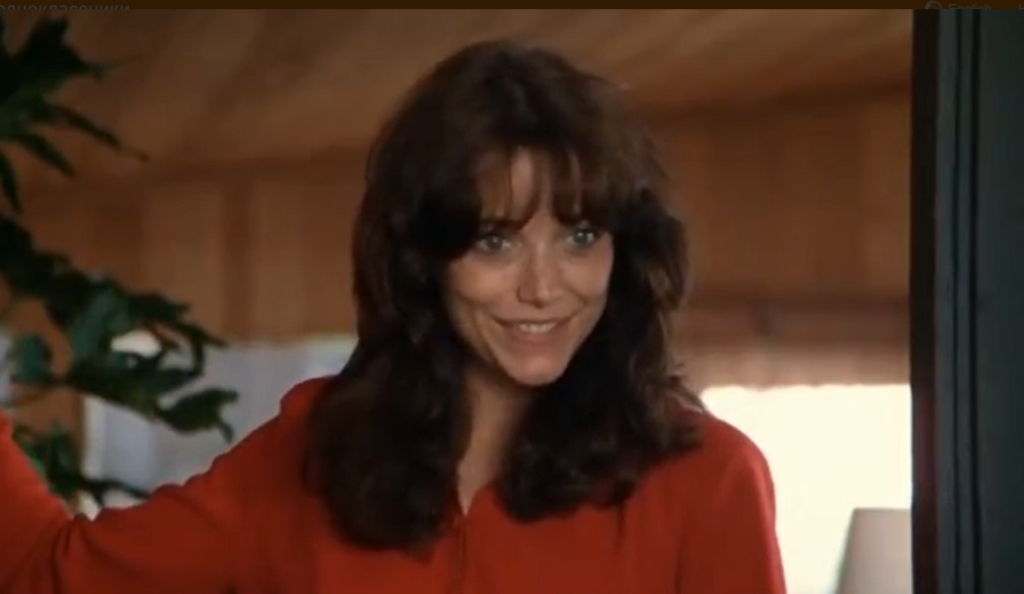
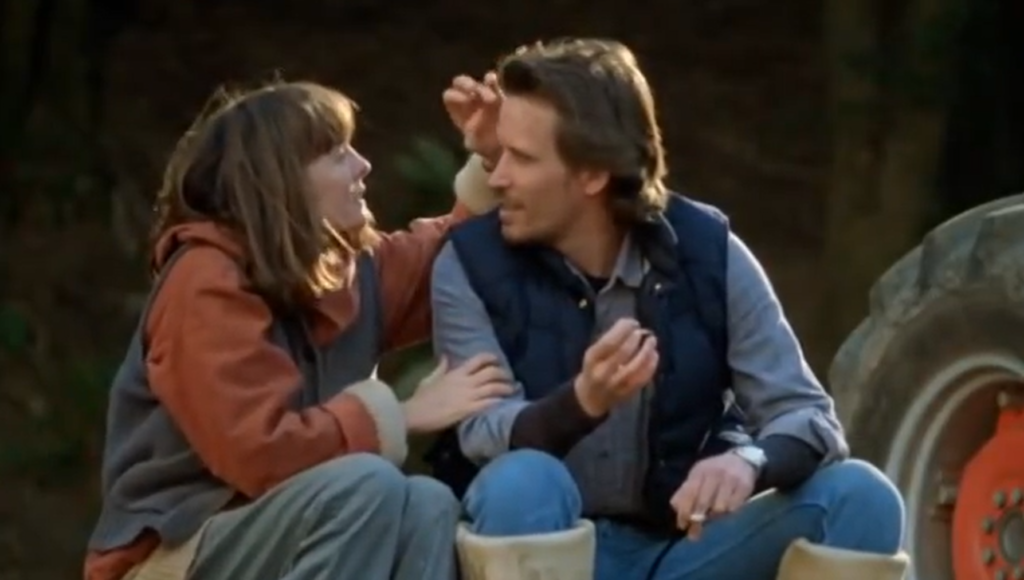
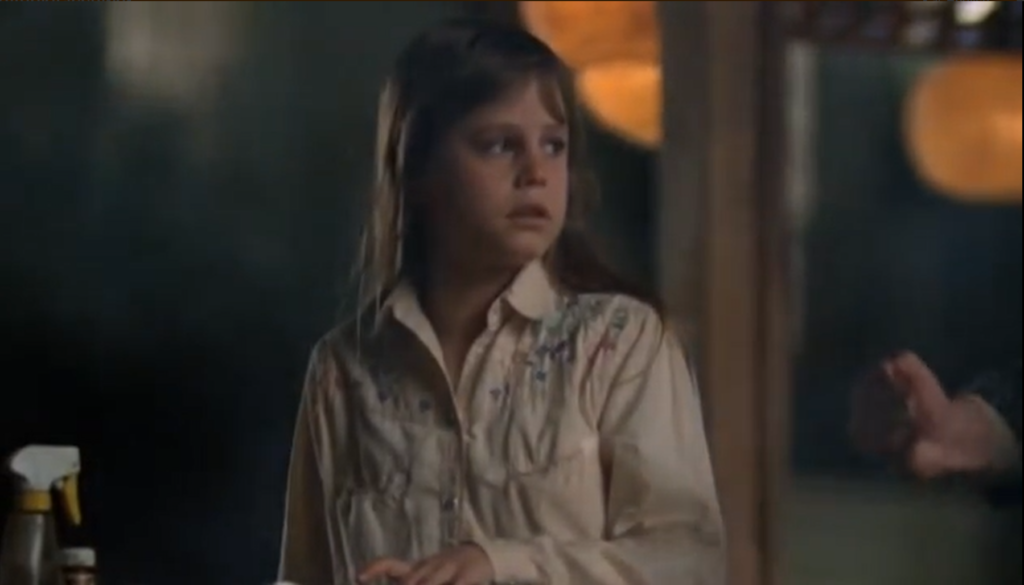
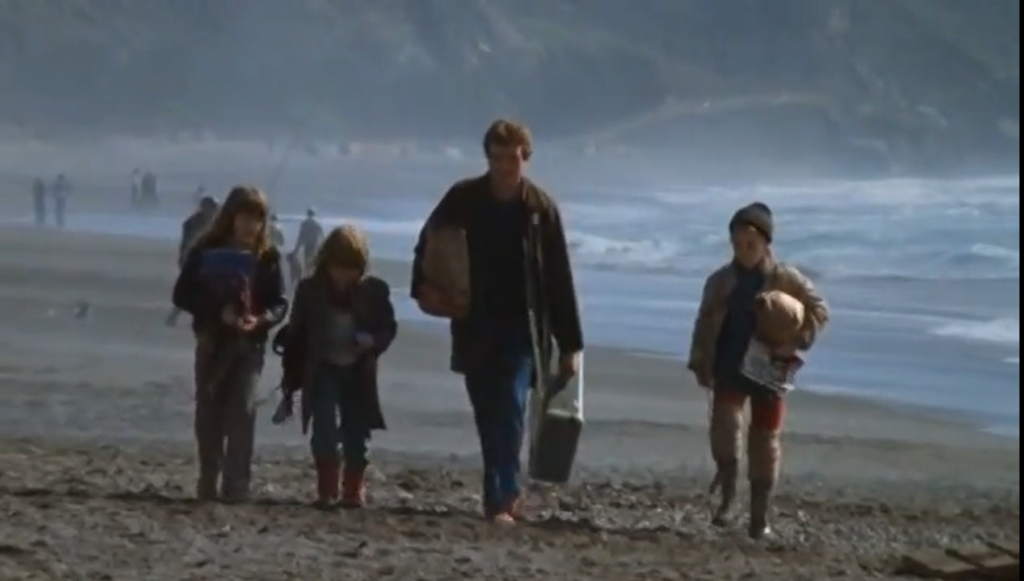
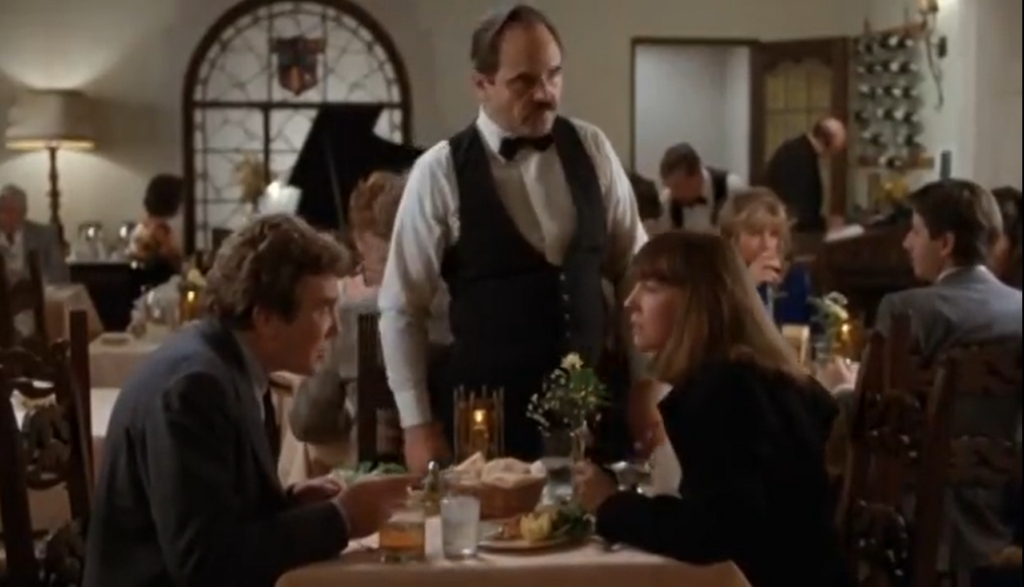
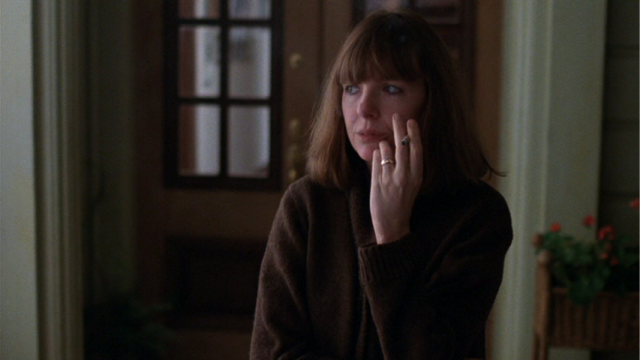


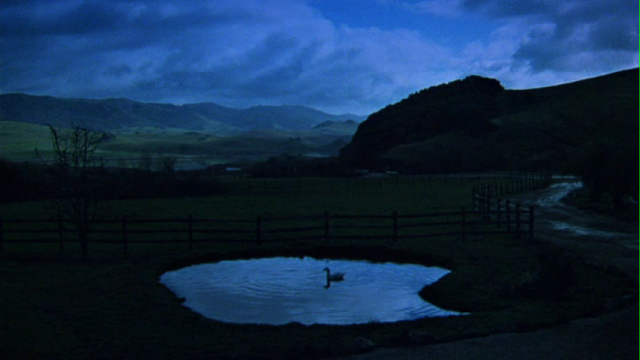
3 thoughts on “Shoot the Moon (1982)”
Not a must.
A film with bitter divorce as its protagonist has a choice: it can clarify and enlighten, or wear everything on its sleeve. This film does the latter.
Just about everything here comes off heavy-handed and obvious. Making for a long haul.
In an acrimonious situation, there is little if any objectivity. No one directly involved has stepped away far enough to see what’s going on. That’s what you get here. That may very well be the point of the film, the gritty realism of all that. But it doesn’t leave us with much of anything else we can come away with.
There is a brief scene somewhat early on: Keaton has the house to herself and is in the bath, having a little marijuana, leisurely singing the Beatles song ‘If I Fell’. This short sequence resonates because many of us know the pain of disillusionment.
Yes, the dinner scene goes somewhat awry. And the ending…well, the argument can be made that Finney knew something about Keaton’s new boyfriend that she didn’t know, and wanted to save her from that; thus, resurrecting his love. That’s an interesting note to finish on. But it doesn’t save the film, or the people in it.
Oh, but that scenery!
In all seriousness, this is is one of those films that’s so sumptuous to look at (I’ll admit to major location-envy: I desperately want to live in a rambling home in Marin County) that it sort of made for easier viewing — compared to, say, if the couple lived in a dingy suburban apartment somewhere.
Your analysis of the ending is interesting — I never would have thought of it that way. All I could see was Finney’s anger giving way to outrageously expensive destruction, at the very real risk of people’s lives. Maybe I’m just channeling my mother, though (my original FF inspiration), who still can’t stand watching things getting destroyed in films — “What a waste!”
Just goes to show how people can be focused on different aspects of the same film – as we all probably are, so many times. Can’t blame you for zeroing in on the scenery. It’s certainly better than what’s dead center.
The end does seem to hint at something complex. Maybe not so much what Finney knew as what he suspected. Or maybe something he didn’t even suspect, but something the audience comes to learn about Keaton’s predictable taste in men. Then again, perhaps Finney just couldn’t stand being outdone by a stud. But, if the final freeze shot is meant to convey that real love between Finney and Keaton has been there all along…phooey!